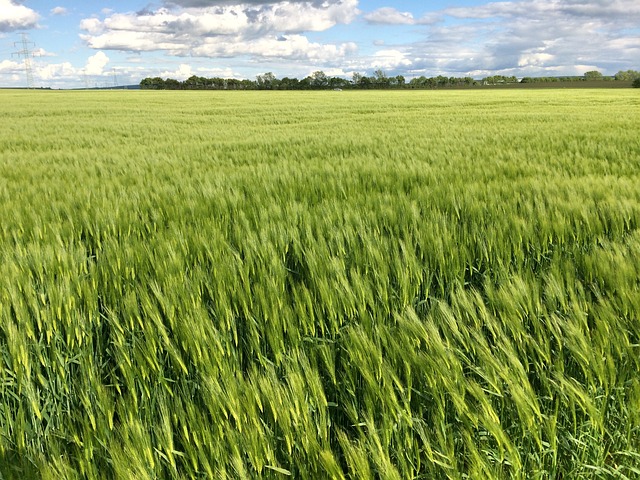Was vs Have Been
Was and Have been are two different auxiliary verbs, each with distinct applications and usage. Was is the past tense form of the verb “is,” and is used with singular subjects. Have been, on the other hand, is used in the present perfect continuous form of a given verb with a plural subject. Additionally, was is used with singular subjects, while have been is used with plural subjects.
What does Was mean?
The word “was” is an auxiliary verb and serves as the past tense form of the verb “is.” The verb “is” means to exist. Consider the following examples:
– Francis was here last night.
– Angela was rich once.
In both sentences, the verb “was” is used as the past tense form of the verb “is,” indicating completed actions in the past. The auxiliary verb “was” is also used in passive voice constructions, as seen in the examples below:
– The thief was beaten by the police.
– James was asked by Robert.
In these sentences, the auxiliary verb “was” is used in the passive voice alongside the verbs “beaten” and “asked,” respectively.
What does Have Been mean?
The term “have been” is used in the present perfect continuous form of a given verb with a plural subject. When using “have been” to construct the present perfect continuous tense, an action has been ongoing for some time and continues from the past to the present. Consider the following examples:
– I have been saying this for a long time.
– The farmers have been cultivating these fields for generations.
In both sentences, “have been” is used as the present perfect continuous form of two different verbs – “saying” and “cultivating,” respectively. Since “have been” is only used with plural subjects, it can only be used with the first and second persons, not the third person.
Key Takeaways
- Was is the past tense form of the verb “is” and is used with singular subjects.
- Have been is used in the present perfect continuous form of a given verb with a plural subject, and can only be used with first and second persons.
- Was is used for completed actions in the past and can also be used in passive voice constructions, while have been indicates an ongoing action that started in the past and continues to the present.
